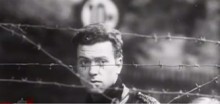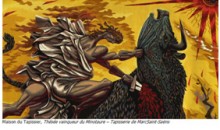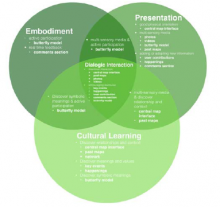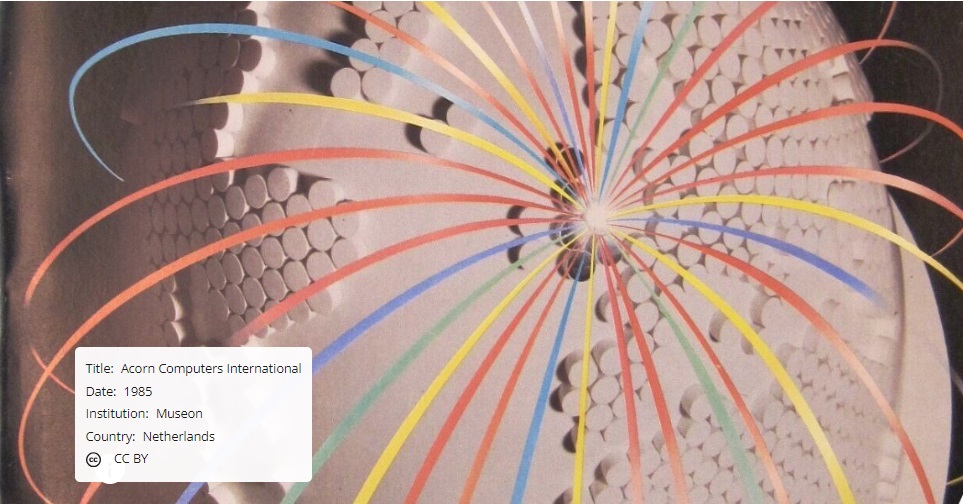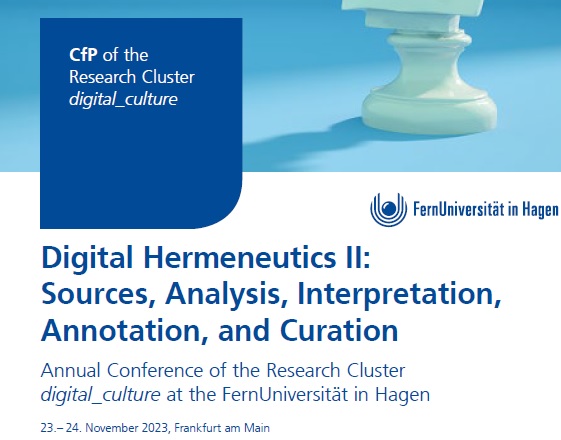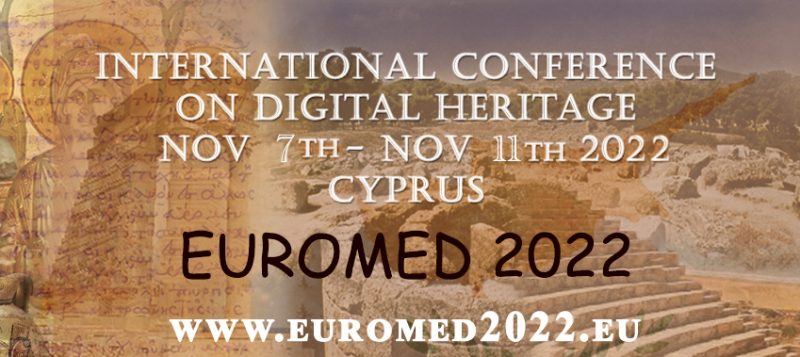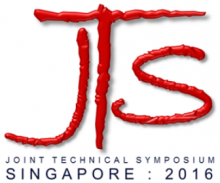 JTS Joint Technical Symposium “Sustainable audiovisual collections through collaboration”, Singapore, National Museum of Singapore, Gallery Theatre, Basement, 7-9 March 2016
JTS Joint Technical Symposium “Sustainable audiovisual collections through collaboration”, Singapore, National Museum of Singapore, Gallery Theatre, Basement, 7-9 March 2016
The Joint Technical Symposium (JTS) explores the technical issues affecting the long term survival and accessibility of audiovisual collections. JTS is an international symposium and brings together the world’s foremost research and thinking regarding the preservation and accessibility of moving image and recorded sound collections, from 19th century endeavours to the most recent digital technologies.
Since the last JTS in 2010 the audiovisual archiving world has seen many dramatic changes and advancements in the technologies that enable preservation. The rate and magnitude of these changes requires a collaborative approach to enable all archives to make sense of the best way to keep collections alive for future generations.
The theme of JTS 2016 “Sustainable Audiovisual Collections Through Collaboration” addresses this dynamic landscape. The papers presented at JTS 2016 will cover the ongoing technological viability of audiovisual collections both as individual items and holistically, as well as every aspect of audiovisual media preservation and access such as conservation and restoration, harvesting and accessing collection information – including metadata and intellectual property.
JTS 2016 is organised under the auspices of UNESCO by the Co-ordinating Council of Audiovisual Archives Associations (CCAAA) and its members’ Technical Committees. The event is hosted by the South East Asia Pacific Audio Visual Archive Association (SEAPAVAA) and the National Archives of Singapore (NAS).
A paper about PREFORMA and the MediaConch project (“PREFORMA and the MediaConch project: Open Source Tools for Open Standards“) has been accepted and will be presented by The Netherlands Institute for Sound and Vision and MediaArea.
For further information, please visit the Conference website at http://www.jts2016.org/ or contact:
- Mick Newnham: mick.newnhamATnfsa.gov.au
- Irene Lim: Irene_LL_LIMATnlb.gov.sg



